In this article, I will discuss how fans of the Edmonton Oilers can cope with the disappointment of their team recently falling one game short of winning the Stanley Cup.
Estimated reading time: 3 minutes.
The Edmonton Oilers recently were on the verge of making hockey history in 2024. After losing the first three games to the Florida Panthers in the best four-out-of seven Stanley Cup final series, they fought back to win the next three games and tie the series.
Winning the seventh and deciding game would have marked only the second time in the history of the National Hockey League (NHL) and the first time in 82 years that a team had come back from three games down to win a final series. Victory in Game 7 also would have marked the first championship for a Canadian franchise since 1993 and the first title for the Oilers since 1990. The excitement among Oilers’ fans in Edmonton and across Canada grew to a frenzy.
Unfortunately for the Oilers and their supporters, their Cinderella story came to an end when the Panthers defeated them 2-1 in Game 7 to win their first championship after losing the final in five games a year ago. Excitement among the Oilers’ faithful suddenly turned to disappointment, sadness and for some, devastation. Some fans wondered how they would cope with the loss while others pondered whether being a fan is worth the emotional price paid if their team loses in such a heart-wrenching manner.
In the following sections, I will discuss how Oilers fans and others can cope with their teams falling short of their goals using an often-overlooked psychological principle.
The hedonic adaptation principle
Coping with the Oilers’ loss can be helped by remembering the principle of hedonic adaptation. This principle states that people tend toward a state of equilibrium, homeostasis, or a ‘steady state’ with their moods.
The result of hedonic adaptation is that significant disturbances in mood will tend to be temporary. This tendency applies whether the mood change is positive or negative. The upshot is that the significant boost in mood from a positive event like your team winning a championship diminishes over time. And, to the point of this article, the significant decrease in mood from a negative event like your team losing a championship also diminishes over time.
The surprising speed of hedonic adaptation
Relying on hedonic adaptation to cope with a disappointment like the Oilers’ loss may seem trivial or trite in terms of its positive effects. At first glance, it seems akin to telling someone that the hurt they are feeling will eventually go away.
What many people overlook is the surprising speed of hedonic adaptation. That is, when a positive event like a victory or accomplishment occurs, the peak in positive mood intensity typically occurs immediately after the event. From that peak, the intensity of positivity in your mood stemming from the event begins to subside at a surprisingly rapid pace. This often leads people to feel empty after having accomplished a goal which they have been pursuing for a long time.
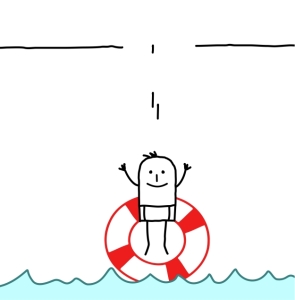
The surprising speed of hedonic adaptation also occurs in the aftermath of a negative event like a failure or other kind of disappointment. Just as with positive events, the peak in negative mood intensity typically occurs immediately after the event.
From that peak, the intensity of negativity in your mood stemming from the event begins to subside at a surprisingly rapid pace. This often leads people to feel pleasantly surprised that an event which left them feeling devastated initially has left them returning to their previous better mood state in a relatively short time.
So, although Oilers fans may experience strong negative emotions shortly after their team has fallen short, they can look forward to those negative emotions decreasing in intensity in a relatively short time.
Using hedonic adaptation to decide whether to support a team
You can use hedonic adaptation to decide whether it is worth supporting a team given that this support comes with the risk of disappointment if your team loses its pursuit of a title. For all but one of the teams, this is a negative outcome its supporters will have to face.
It may seem hard to decide whether to invest your time and emotions in support of a team given that hurt, disappointment and other negative emotions are highly probable outcomes you will experience when the team’s season ends.
However, hedonic adaptation tilts the scales in favour of deciding to invest your time and emotions in support of a team. Although the negative emotions which come with your team’s loss can be difficult and intense at the time, the rapid drop in intensity over time makes them much easier to endure.
And given the significant psychological benefits of supporting a team which occur throughout the entire season—from the excitement to the camaraderie enjoyed with your fellow supporters—the decision to invest your time and emotions in support of a team is usually a slam dunk.
May you enjoy the benefits of supporting your sports teams while using hedonic adaptation to lessen the costs,
-Dr. Pat

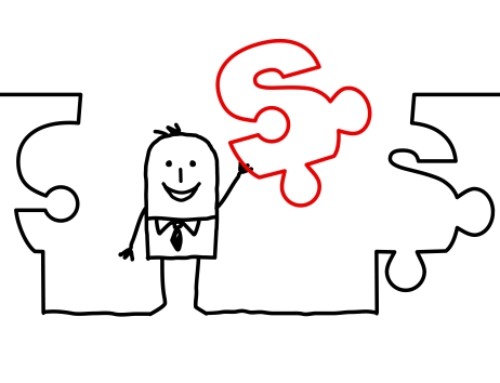
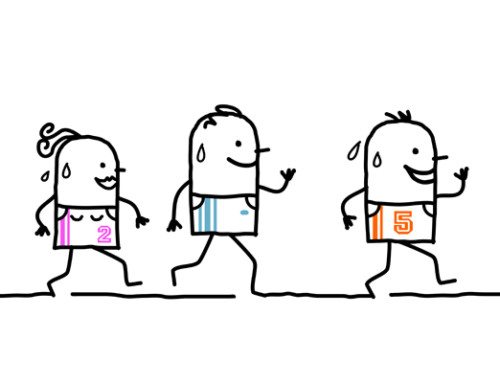
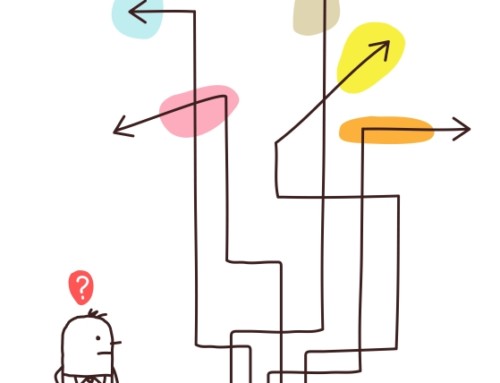
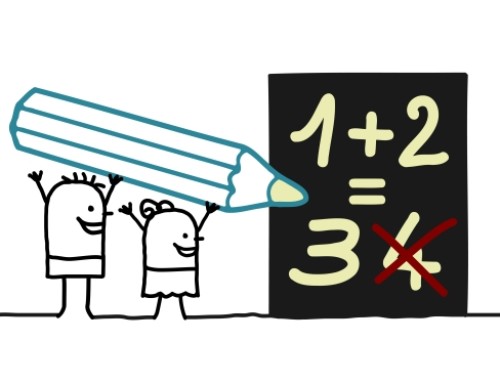

Leave A Comment